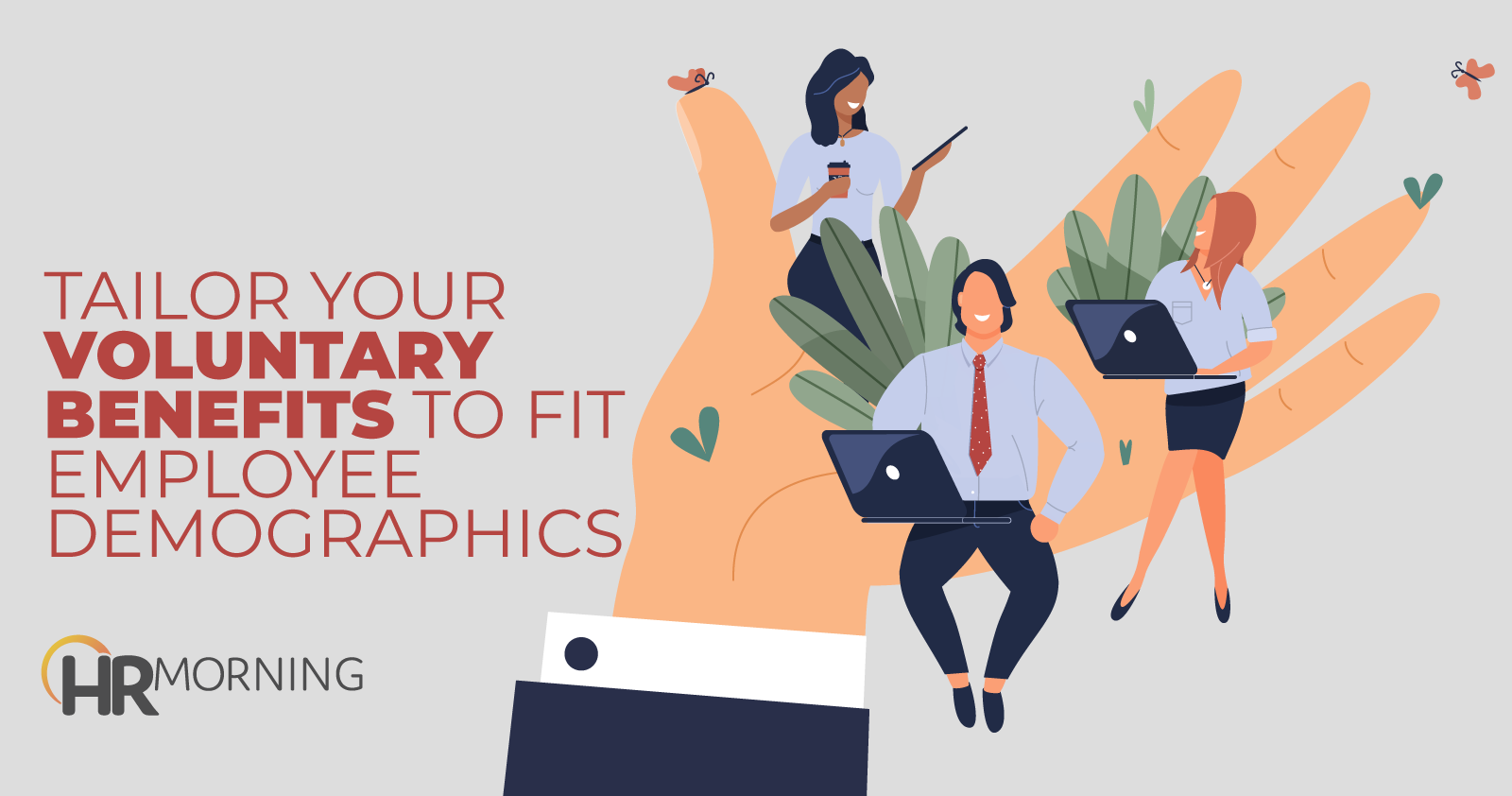In 2018 only 36% of employers rated voluntary benefits to be important to their “value proposition and total rewards strategy three years from now,” according to a survey by Willis Towers Watson, a global advisory, broking and solutions company.
But in the past three years that number skyrocketed to 94%.
The cause of this huge jump? The pandemic of course!
“The pandemic has given rise to an increase in benefits that protect employees against big hospital bills and loss of income, and provide personal protection,” said Lydia Jilek, senior director, Voluntary Benefits Solutions, Willis Towers Watson.
Sell their value
Many firms are offering more voluntary (employee-pay-all or unsubsidized) benefits to meet the needs of their employees who face different situations and challenges thanks to the pandemic.
“Employers view voluntary benefits as a cost-effective way to offer employees a wide range of benefit options that best meet their needs,” said Jilek.
Amy Hollis, a principal at Buck Consultants in Atlanta, told the Society of Human Resource Management that businesses should tailor their voluntary-benefit menu based on employee demographics (including age, income level and marital status) while looking for ways to enhance the core benefits package.
“Employees want choices, and they want to be able to customize whatever packages are available to them,” she said.
To highlight the value of voluntary benefits, Hollis recommends employers present them as an integral part of their overall benefits package, and not something separate.
It’s equally important to back them up during enrollment with strategic communication that highlights their value.
Top 5 benefits
The top five fastest growing benefits, according to the survey, are:
- identity theft – offered by 53% in 2021, 78% by 2022 and beyond
- hospital indemnity – offered by 42%, 65% by 2022 and beyond
- pet insurance – offered by 47% in 2021, 69% by 2022 and beyond
- critical illness – offered by 57% in 2021, 76% by 2022 and beyond, and
- group legal – offered by 58% in 2021, 75% by 2022 and beyond.
Widespread benefits
Voluntary benefits being offered the most by employers are:
- financial planning/counseling by existing vendor (93%)
- tuition reimbursement (88%)
- telephonic financial planning (77%)
- onsite fitness center (54%)
- backup childcare (48%), and
- elder care (44%).


